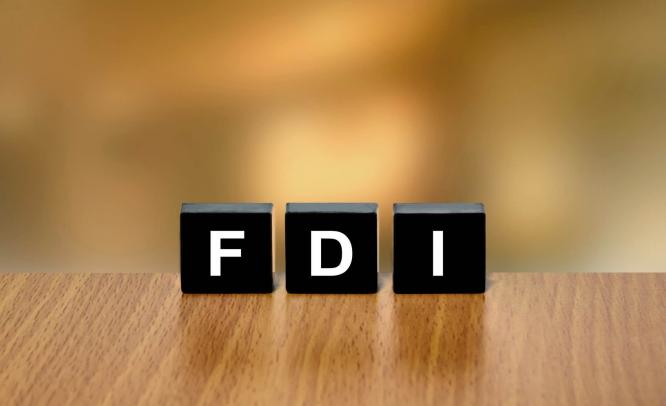Climbs three rankings with a market share of 11.11 percent among Middle East nations
IFM Correspondent
June 30, 2016: The volume of foreign direct investment (FDI) in Iran has reached the highest level in years since lifting of sanctions in January this year. Data from fDi Markets, an FT service that monitors cross-border greenfield investment, shows that before the lifting of sanctions, Iran was ranked 12 out of the 14 Middle East nations for FDI between January 2003 and December 2015, equating to a market share of 1.62 percent.
However, after sanctions were lifted, Iran climbed three ranks with a market share of 11.11 percent, behind only UAE and Saudi Arabia in the region.
In 2013, the country received three FDI projects. The figure increased to eight in 2014 and nine in 2015. The report stated that in the first quarter of 2016, Iran attracted 22 FDI projects.
Although 2015 showed a 48 percent increase in capital expenditure overall, the first quarter was notable in failing to attract any FDI project, in stark contrast to the same period this year.
The leading sector for investment has been financial services, which has attracted four investments from separate companies with capital expenditure of $60m. The other sectors are automotive, business services, consumer electronics and textiles.
The principal countries investing during the period were South Korea and Germany, which together committed capital expenditure of $2.15bn.
South Korea-based steel producer Pohang Iron and Steel (POSCO) has been the single largest investor this year, with plans to invest $1.6bn to build an integrated steel mill in the Chabahar Free Trade-Industrial Zone by March 2017.

